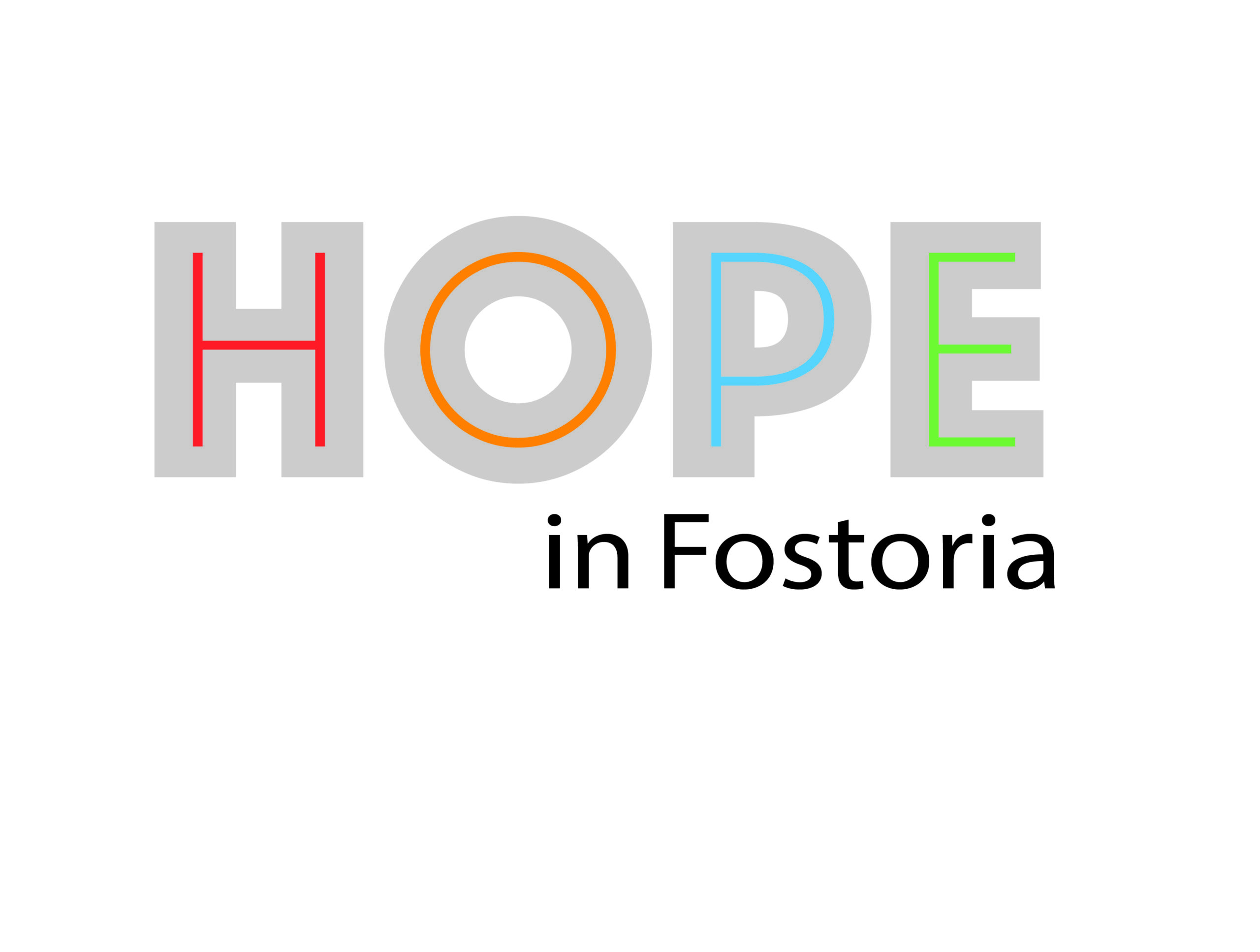Heroin takes grip on woman’s life
EDITOR’S NOTE: This is the second installment in a five-part series about one woman’s journey through addiction to drugs and alcohol.
By LINDA WOODLAND
MANAGING EDITOR
Stephanie Smith was prescribed pain pills after having a C-section with the birth of her second child.
Because her husband quit working, Smith was the sole breadwinner, raising two small children and trying to make ends meet.
The prescription pain medication relieved more than physical pain. “It was the first time I really felt like no worry, no stress. I liked it. It took the pain away for me,” the 36-year-old Tiffin woman said.
Once the prescription ran out, she began taking other pain medications. Although she felt like she was starting to lose control over them, she was still holding everything together.
Until she tried to quit.
“I tried to quit using them a couple of times, but every time I would, (drugs would be brought) right back into the house again,” she said, adding that an addict can’t quit when exposed to drugs.
Mircea Handru, executive director of the Mental Health and Recovery Services Board of Seneca, Sandusky & Wyandot Counties, said he knows some people who have quit using drugs on their own, but very few.
“I think you really need to have good support around you, healthy support. If you try to quit on your own, but you have the same friends around you who are using daily or you have family members who are using daily, most likely you are not going to succeed.”
Smith said other drugs began being brought into their home, including bath salts, which was legal at the time.
Bath salts are dangerous synthetic stimulants similar to ephedrine and other amphetamines.
They can also cause mind-altering effects on the user, as Smith discovered when they caused hallucinations one day, and 9-1-1 was called on a report the children’s lives were in danger.
“As I watched all of this unfold, completely helpless, I just kept thinking, ‘how could I let myself get this way? How did I let it go this far? How much danger were the kids really in and I didn’t even realize it?’” She and her husband were both jailed and children services became involved.
Her children were put into foster care and over the next two years, Smith had three trials concerning her parental rights, the first two of which she barely won.
She said she weaned off the pain pills under a physician’s care, was attending meetings to deal with the addiction, and was working to get her children back, but after one year of being clean from pills, her case with children services was not progressing.
Then she got a DUI (driving under the influence) and the third trial with children services was scheduled.
“By that time, I was just so beat down. I felt so much guilt from everything… I gave up on myself, completely,” she said, adding she did a lot of soulsearching about what was best for her children. “I really just wanted it to be over for them. I knew they were somewhere safe and I knew that if I let them go, I would be hurting, but they would eventually be happy.” So on the first day of the third trial, Smith signed away her parental rights. “After fighting for so long for them, and then just for it to be over, I had no clue how bad it was going to hit me that they were gone.”
A few days later, Smith shot up heroin for the first time.
“After that first time, I never stopped. I became a really bad addict very quickly. I went into a black hole and just faded away. I now knew that what I was doing was wrong, obviously. I just didn’t care anymore about anything.”
EDITOR’S NOTE: Part three in this series looks at the depths of brokenness that addiction took one woman to, on her journey to living a substance-free life. Those seeking recovery from addiction can call Mental Health and Recovery Services Board of Seneca, Sandusky & Wyandot Counties’ 24/7 crisis hotline at 1-800-826-1306.
“I think you really need to have good support around you, healthy support. If you try to quit on your own, but you have the same friends around you who are using daily or you have family members who are using daily, most likely you are not going to succeed.”
— MIRCEA HANDRU, EXECUTIVE DIRECTOR, MENTAL HEALTH AND RECOVERY

Recent Comments